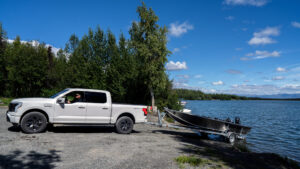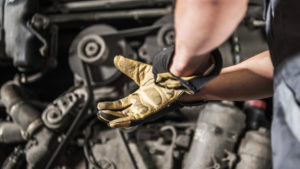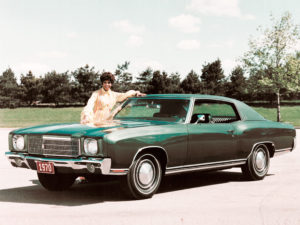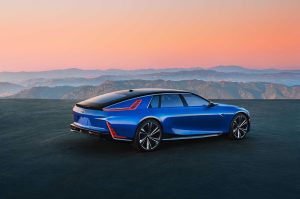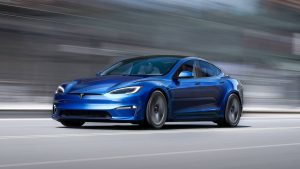Each year, an estimated 1.35 million people lose their lives in traffic accidents. Research by the World Health Organization shows that the risk of dying as part of a traffic incident is more than three times higher in developing countries than in developed countries.
Volvo Cars is calling on the United Nations to address the inequality. The company believes that the countries worldwide should promote safety belt usage by ” introducing and enforcing seat-belt laws covering both front and rear seats.” They also believe that the countries should develop infrastructure to separate motorized traffic from pedestrian and cyclist traffic.
Vehicles sold in the U.S. are extensively crash tested ahead of their debut on dealer lots.Photo courtesy of Volvo Car Corporation
“Global data shows that there is a significant inequality in road safety,” said Malin Ekholm, head of the Volvo Cars Safety Centre. “Those safety gaps need to be addressed through technology, but also by creating and enhancing a global safety culture. We need to understand and address the variation in seat belt usage, while infrastructure should focus on improving the safety of vulnerable road users, pedestrians and cyclists.”
The call to action has been announced as delegates from over 80 United Nations member states gather in Stockholm, Sweden to attend the 3rd Global Ministerial Conference on Road Safety.
Volvo says that they are “keen to contribute to global road safety initiatives with its rich wealth of safety knowledge, as it has done for many decades in collaboration with governments, academia and regulators.” This initiative has its roots in the 1959 introduction of the three-point safety belt, which the company took out an open patent on and promised not to enforce patent violations or charge others royalties to use.
In 2018 the rate of seat belt use in the U.S. was 89.6%, according to the National Highway Traffic Safety Administration. Of the 37,133 people killed in motor vehicle crashes in 2017, 47% were not wearing seat belts. NHTSA research indicates that buckling up is the single most effective thing you can do to protect yourself in a crash.
Only 105 of the world’s countries have safety belt laws that cover front and rear seat occupants. There are 195 counties on Earth.
Lax safety standards are one reason that automakers sell vehicles in markets in Asia, Africa, and Europe that they don’t sell in the U.S. Those regions tend to have less stringent regulations when it comes to required safety equipment, technology, and structural integrity.
Additionally, there is less cost involved in the production of vehicles with fewer safety features so they may be sold to customers in less wealthy nations for lower prices than vehicles in the U.S.



